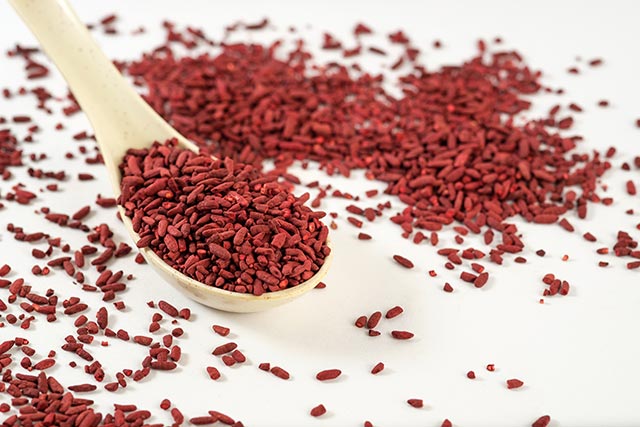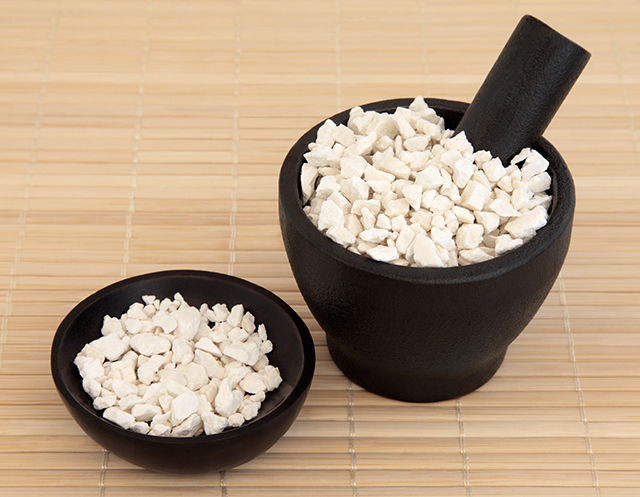FARMacy: Gardening does wonders for your mood
06/27/2019 / By Melissa Smith

Stressed, anxious, and depressed students may find relief in gardening. The Counseling and Psychology Services (CAP) department of the University of Central Florida (UCF) prescribes gardening to improve their students’ mental health.
UCF mental health clinicians encourage their students to volunteer at the campus’ botanical garden where they can engage in a peaceful environment through activities like gardening. This garden prescription is part of their movement called “Thrive with CAPS” which aims to provide viable, preemptive strategies for healthier coping with stress and anxiety among students. (Related: Gardening and volunteering boosts mental health, relieving stress, anxiety and depression.)
This concept is a non-stigmatizing approach to mental wellness. It encourages students to engage in wellness behaviors not because they are anxious or depressed, but because they can live better quality lives and learn how to better cope with life’s challenges. Associate Director Teresa Michaelson also said they want their students to think about their own well-being, health, and self-care.
“Instead of focusing on, ‘I’m depressed and sad all the time,’ let’s shift it to, ‘I’m struggling right now, so I need to take extra steps to care for myself. What are some things I can do to help me feel better?'” said Michaelson.
How gardening boosts mental health
Gardening and being one with nature provides numerous health benefits and positive feelings, which contribute to a healthy state of well-being. Being one with nature gives you a safe, peaceful environment where you can relax and quiet your mind.
“There’s something inherent in connecting with nature,” said Larry Marks, a member of the CAPS clinical staff. “It taps your senses in different ways from seeing the greenery and expansive views, and allows you to get away from the hectic campus life to a more calming atmosphere. You might hear some nature sounds, smell the fresh air, feel the sun and the warmth on your skin. It taps into a lot of your senses, which contributes to a sense of calmness.”
Gardening is also a mood-boosting form of exercise. Digging, lifting, weeding, and raking are considered physical activities, and engaging in these can help combat mental illness. During exercise, the brain releases endorphins, which improves mood and increases productivity. Gardening is also gentle, so it provides an effective workout without putting too much stress on your body – unlike running.
Exposure to sunshine can promote the release of serotonin, a hormone that acts as a mood stabilizer. It can also increase the production of melatonin, a sleep hormone that regulates body clocks, helping you to sleep better at night.
If you have low confidence or self-esteem problems, gardening can be an effective way to boost your self-worth. Gardening can give you a sense of achievement when you get to harvest and eat your own produce. Seeing the results of your hard work can be satisfying.
Additionally, volunteering can be a great way to socialize. Having a support group can help you recover from your mental illness. The act of volunteering itself also amplifies those positive feelings. The university’s arboretum staff guides and teaches volunteers how to maintain the community garden. They get a couple hundred volunteers every semester, and many of them say that they’ve had fun and relieved stress after a shift.
Take care of your mental health and beat depression by connecting more with nature.
Sources include:
Tagged Under: Anxiety, anxiety relief, beat anxiety, beatdepression, brain health, depression, disease treatments, gardening, green living, home garden, mental health, mind body science, natural cures, natural medicine, prevent depression, prevention, Psychology, remedies, stress, stress relief, time in nature
RECENT NEWS & ARTICLES
COPYRIGHT © 2017 NATURAL CURES NEWS


















